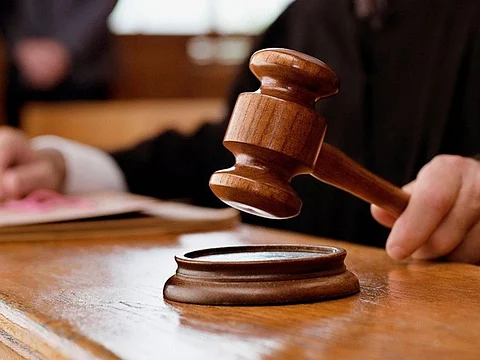

HYDERABAD: After a legal battle that stretched over seven decades, the Telangana High Court has finally disposed of a civil suit dating back to 1951, concerning property disputes among the legal heirs of Nawab Fakhr-ul-Mulk who passed away in 1934.
The suit, which has been pending for generations, centred around the distribution of various properties owned by Nawab Fakhr-ul-Mulk and his descendants.
Nawab Fakhr-ul-Mulk, who left behind five sons and four daughters, possessed extensive properties including Erram Manzil, adjacent lands, bungalows, and other estates. The suit originally filed between Nawab Ghazi Jung, the first son of Nawab Fakhr-ul-Mulk, and the heirs of Nawab Fakhar Jung, the second son, aimed to resolve disputes over inheritance.
Despite several compromise petitions and the appointment of receivers-cum-commissioners over the years, the resolution of the property disputes remained elusive. The recent report submitted by the appointed receiver-cum-commissioner, Nizamuddin, stated that no land was available for partition among the heirs. However, it highlighted the presence of the Maqbara (mausoleum) at Ameerpet, stressing the need to preserve this heritage monument.
In light of this report, the High Court decided to appoint a committee comprising five members, each representing the five branches of the heirs, to oversee the preservation of the Maqbara. The Court ruled that the Maqbara was not liable for division as it holds significant cultural and historical value.
Additionally, the report disclosed the presence of Rs 1,18,81,249 in the suit account, belonging to the shareholders who had not yet claimed the amount. To safeguard these funds, the court directed the amount to be kept in a fixed deposit of a nationalised bank for a specific period, extendable as necessary. Any claims to this amount by the shareholders will be decided by the court upon their application.